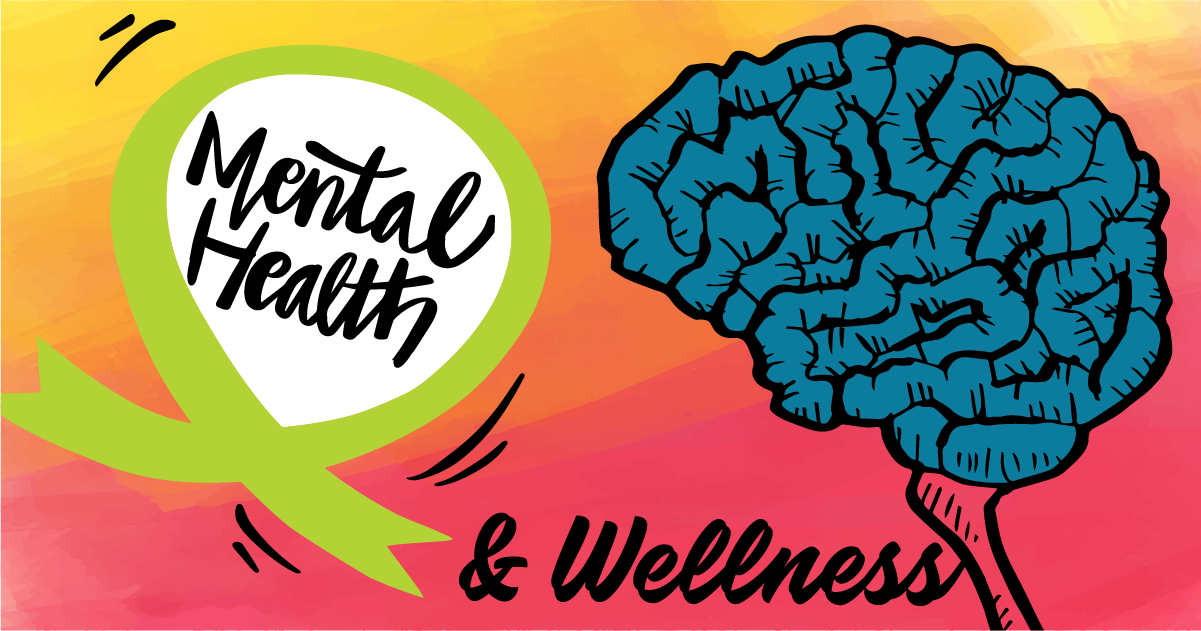Introduction
Mental health and wellness are integral aspects of our overall well-being. Just as we prioritize our physical health through exercise and nutrition, it is essential to pay equal attention to our mental and emotional state. In today’s fast-paced and often stressful world, taking care of our mental health has become more critical than ever. This article delves into the significance of mental health, common challenges faced, and practical strategies to nurture your inner wellbeing, promoting a more balanced and fulfilling life.
Understanding Mental Health
Mental health refers to our emotional, psychological, and social well-being. It influences how we think, feel, and act, and plays a pivotal role in how we handle stress, make choices, and relate to others. A positive mental state empowers us to cope with life’s challenges, maintain healthy relationships, and lead a fulfilling life. On the other hand, poor mental health can lead to various issues, such as anxiety, depression, and other mental disorders.

Challenges to Mental Health
Numerous factors can impact our mental health negatively. Modern lifestyles, constant exposure to technology, work pressure, financial stress, and social isolation are some of the common challenges faced by many. Moreover, traumatic experiences, loss, or significant life changes can also take a toll on our mental wellbeing.
The Stigma Surrounding Mental Health
Despite the increasing awareness of mental health issues, there remains a persistent stigma associated with seeking help or discussing mental health openly. This stigma can prevent individuals from seeking the support they need, exacerbating their struggles and delaying access to professional assistance.
Promoting Mental Wellness
- Prioritize Self-Care: Begin by acknowledging the importance of self-care. Set aside time for activities that bring joy and relaxation, such as hobbies, reading, or spending time in nature. Engaging in self-care rituals helps reduce stress and fosters a positive mindset.
- Stay Connected: Cultivate meaningful relationships with family and friends. Social connections play a crucial role in maintaining good mental health, providing emotional support during challenging times.
- Seek Professional Help: If you are experiencing persistent feelings of sadness, anxiety, or any other mental health challenges, don’t hesitate to seek professional support. Mental health professionals can provide valuable insights and effective coping strategies tailored to your unique needs.
- Practice Mindfulness: Incorporate mindfulness practices into your daily routine. Meditation, deep breathing exercises, and yoga can help reduce stress and improve your ability to stay present and focused.
- Limit Screen Time: While technology is essential, excessive screen time can negatively impact mental health. Set boundaries on social media usage and allocate time for offline activities.
- Get Adequate Sleep: Sleep plays a crucial role in mental health. Ensure you get enough restorative sleep each night, as it helps in mood regulation and cognitive function.
- Physical Activity: Regular exercise not only benefits physical health but also has a profound impact on mental wellbeing. Engaging in physical activity releases endorphins, the “feel-good” hormones, promoting a positive mood.
- Practice Gratitude: Cultivate a gratitude journal to reflect on the positive aspects of life. Recognizing and appreciating the good things can improve overall mental outlook and resilience.
- Set Realistic Goals: Break down larger tasks into smaller achievable goals. Setting realistic objectives and celebrating small victories can boost self-esteem and motivation.
- Engage in Creative Outlets: Embrace creativity through art, writing, or music. Creative expression serves as an excellent emotional outlet and can foster a sense of accomplishment and fulfillment.
Conclusion
Mental health and wellness are fundamental components of leading a fulfilling and balanced life. Taking care of our mental wellbeing is not only essential during challenging times but is an ongoing practice that should be integrated into our daily lives. By prioritizing self-care, seeking support when needed, and cultivating positive habits, we can build resilience and cope with life’s ups and downs effectively. Remember, it’s okay to not be okay sometimes, and seeking help is a sign of strength, not weakness. Together, let’s foster a more compassionate and understanding society, where mental health is prioritized, and everyone feels empowered to nurture their inner wellbeing.






